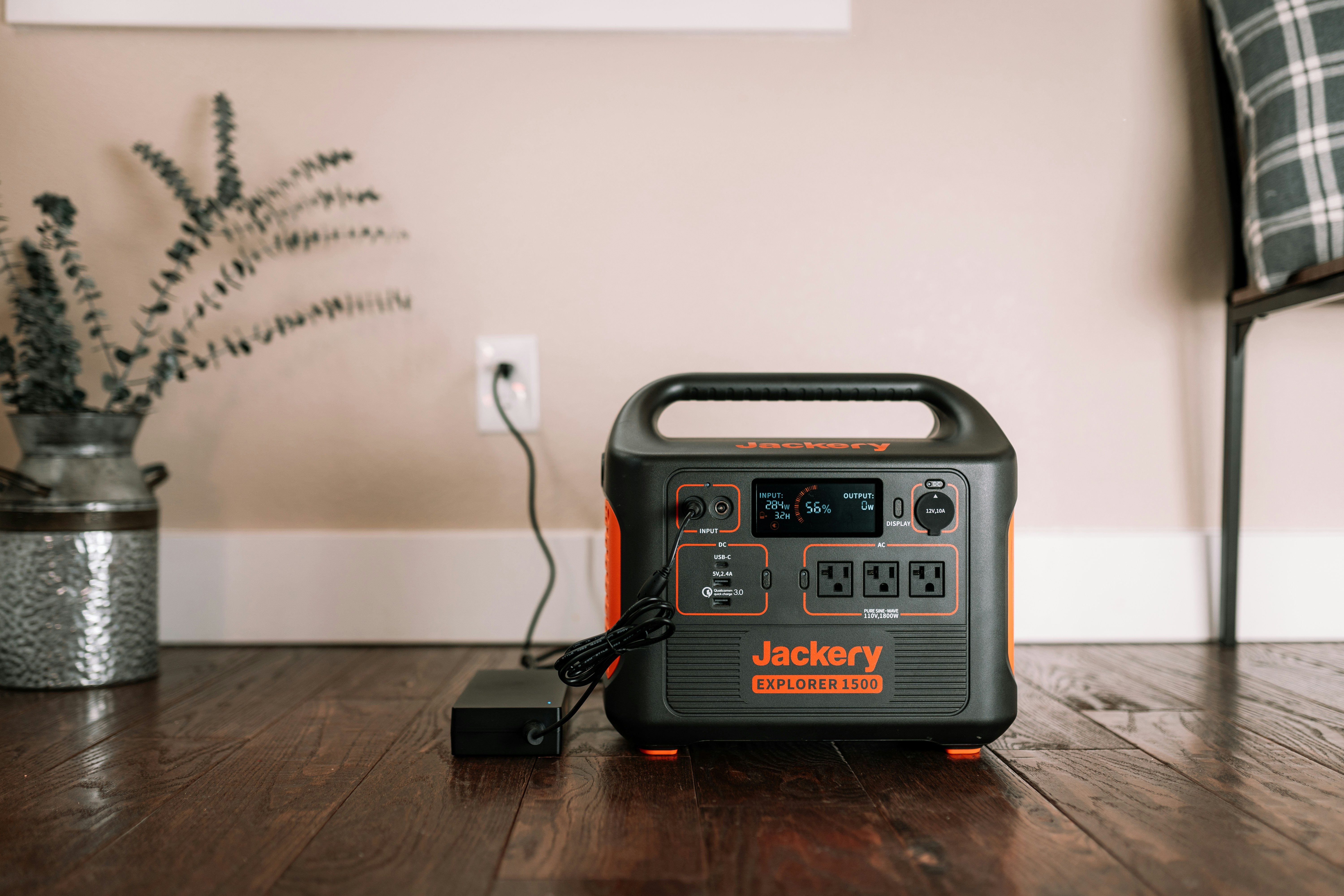Power Outage Preparedness: Why Generators Are Becoming a Must-Have for Modern Homes
In an age where the reliability of our electric grid is increasingly uncertain, having a backup power source has become more than just a luxury; it's a necessity. Generators, once considered an uncommon addition to homes, are now becoming essential. Here’s why they're important and how you can acquire one affordably.

How are generators powering up for uncertainty?
The uncertainty of power supply reliability has led to a surge in generator adoption. Modern generators are designed to seamlessly integrate with home electrical systems, automatically detecting outages and supplying power within seconds. This quick response time is critical for maintaining refrigeration, heating, cooling, and medical equipment during unexpected blackouts. Additionally, advancements in generator technology have resulted in more fuel-efficient models that can run for extended periods, providing homeowners with a sense of security during prolonged power disruptions.
Why are generators considered a backup energy must-have?
Generators have become essential backup energy solutions for several reasons. Firstly, they protect against financial losses that can occur when power outages lead to food spoilage or frozen pipes. Secondly, they ensure continuity of critical home systems such as sump pumps, which prevent basement flooding during storms. Moreover, for those who work from home or rely on electronic devices for communication, generators maintain connectivity and productivity during outages. This reliability is particularly crucial for individuals with medical needs that require constant power supply.
How can generators help weather-proof your home?
Weather-proofing a home goes beyond physical fortifications; it includes ensuring a consistent power supply regardless of external conditions. Generators play a pivotal role in this aspect by providing electricity during severe weather events that often cause grid failures. Whether it’s powering air conditioning during a heatwave or keeping the heating system running during a winter storm, generators help maintain a safe and comfortable living environment. This capability is especially important as climate change leads to more frequent and intense weather phenomena.
What are the affordable basics of generator ownership?
While generators were once considered a significant investment, there are now more affordable options available for homeowners. The basic components of generator ownership include the unit itself, installation costs, and ongoing maintenance. Portable generators offer a lower-cost entry point for those seeking basic backup power for essential appliances. For more comprehensive coverage, standby generators represent a higher initial investment but provide automatic, whole-house power solutions. Regular maintenance, such as oil changes and filter replacements, is necessary to ensure longevity and reliability.
| Generator Type | Average Cost Range | Typical Power Output | Key Features |
|---|---|---|---|
| Portable | $500 - $2,000 | 3,000 - 8,000 watts | Movable, manual start, limited appliance power |
| Inverter | $1,000 - $4,000 | 1,600 - 7,500 watts | Quiet operation, fuel-efficient, clean power for electronics |
| Standby | $5,000 - $15,000+ | 7,000 - 20,000+ watts | Automatic start, whole-house power, permanent installation |
Prices, rates, or cost estimates mentioned in this article are based on the latest available information but may change over time. Independent research is advised before making financial decisions.
How do generators keep you connected during outages?
Staying connected during power outages is more than a convenience; it’s often a necessity in our digital age. Generators ensure that communication devices such as phones, tablets, and computers remain operational, allowing homeowners to stay informed about emergency situations, work remotely if needed, and maintain contact with family and emergency services. Furthermore, generators can power Wi-Fi routers and modems, preserving internet connectivity when it’s most crucial. This ability to stay connected can be particularly important for elderly individuals or those with health concerns who may need to contact healthcare providers during an emergency.
In conclusion, power generators have evolved from optional luxuries to essential components of modern home preparedness. As we face increasing environmental challenges and rely more heavily on uninterrupted power supply, generators offer a robust solution for maintaining comfort, safety, and connectivity during outages. By providing a reliable backup energy source, these devices empower homeowners to weather the storm—both literally and figuratively—with greater peace of mind and resilience.




